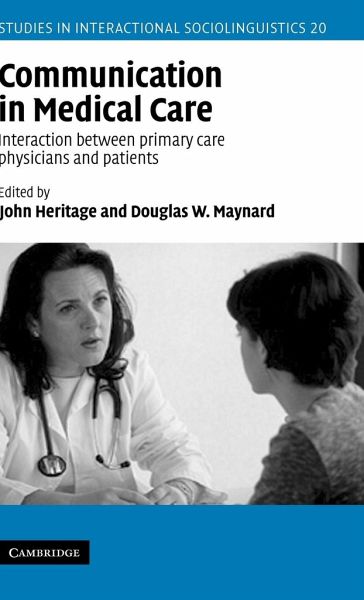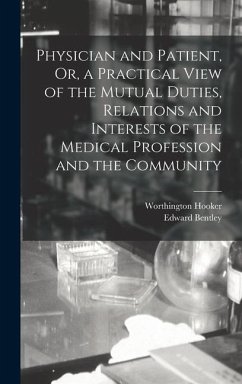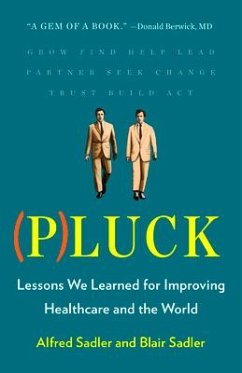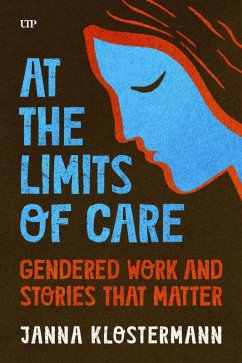
Communication in Medical Care
Interaction Between Primary Care Physicians and Patients
Herausgeber: Heritage, John; Maynard, Douglas W.; Drew, Paul
Versandkostenfrei!
Versandfertig in 1-2 Wochen
109,99 €
inkl. MwSt.
Weitere Ausgaben:

PAYBACK Punkte
55 °P sammeln!
This 2006 volume provides a comprehensive discussion of communication between doctors and patients in primary care consultations. It brings together a team of leading contributors from the fields of linguistics, sociology and medicine to describe each phase of the primary care consultation, identifying the distinctive tasks, goals and activities that make up each phase of primary care as social interaction. Using conversation analysis techniques, the authors analyze the sequential unfolding of a visit, and describe the dilemmas and conflicts faced by physicians and patients as they work throug...
This 2006 volume provides a comprehensive discussion of communication between doctors and patients in primary care consultations. It brings together a team of leading contributors from the fields of linguistics, sociology and medicine to describe each phase of the primary care consultation, identifying the distinctive tasks, goals and activities that make up each phase of primary care as social interaction. Using conversation analysis techniques, the authors analyze the sequential unfolding of a visit, and describe the dilemmas and conflicts faced by physicians and patients as they work through each of these activities. The result is a view of the medical encounter that takes the perspective of both physicians and patients in a way that is both rigorous and humane. Clear and comprehensive, this book will be essential reading for students and researchers in sociolinguistics, communication studies, sociology, and medicine.














